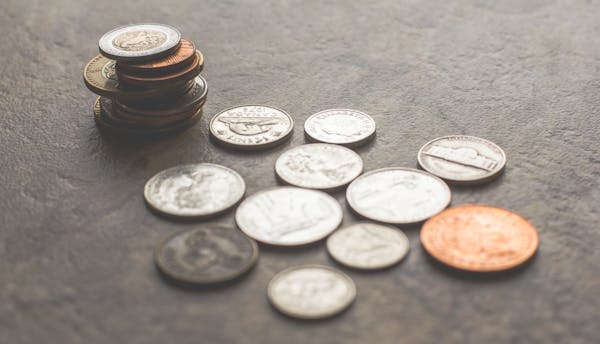How to advise clients on windfall gains on pension assets
07 Nov 2024
 First seen on Money Marketing
First seen on Money Marketing
October saw the UK host a major investment summit aimed at attracting more money into the many investment opportunities our country offers.
But it wasn’t just prime minister Keir Starmer and chancellor Rachel Reeves making the case for inward investment; we also had the hugely successful American businessman and politician Michael Bloomberg “convinced the future’s bright for Britain”.
Now, when our clients invest, they expect a regular income from their asset in the form of interest and/or dividend payments. Those investing for the long term can move away from the safety of bank deposits into bonds and equities from which we can hope for capital gains too.
Many moderate-risk investments will deliver these gains over time, even though their month-by-month asset value growth progression may deliver a saw-toothed graph rather than a smooth incline.
However, occasionally, some of your clients’ investment portfolios may enjoy a windfall gain.
Windfall gains for pension assets
 Perhaps a pharma company has completed clinical trials on a new drug and found it helps with some cancers and is free of unwanted side effects. Great news for society and a windfall investment gain for those that put money into the company to enable it to research and develop new treatments.
Perhaps a pharma company has completed clinical trials on a new drug and found it helps with some cancers and is free of unwanted side effects. Great news for society and a windfall investment gain for those that put money into the company to enable it to research and develop new treatments.
If it was some of your clients’ pension assets that enjoyed this windfall gain, then what happens to the money depends very much on what sort of pension they have.
With a defined contribution (DC) pension, such as a SSAS or Sipp, the gain is all theirs. It will show up immediately in their pension pot if you have advised them to invest directly in the shares. Or it will show up the very next day if they invested via a fund with daily pricing. If they are aged 55 or older, they might choose to take that windfall amount out straight away, less tax, and celebrate by buying the thing they’ve always wanted that’s always been just out of reach.
However, with a defined benefit (DB) or final salary pension, it’s pretty much the opposite.
DB pensions are ‘balance of cost’ schemes, in which the employer contributes whatever it costs to provide the promised pension. A windfall investment gain typically means the employer can reduce pension contributions, while the members’ benefits remain unchanged. Today, it may simply accelerate the progress towards scheme buy out with an insurance company – whereupon those benefits become fixed in stone.
With a collective defined contribution (CDC) scheme (there is now one single employer scheme live in the UK – Royal Mail – and a lot more coming as the government unfurls the legislation for multi-employer CDC) it’s a lot more complicated.
CDCs give each member an immediate increase to their annual pension amount where schemes benefit from a windfall. This will be of most value to those on the cusp of retirement, who are about to receive it and have many years of retirement income ahead of them.However, it will be of much less value to the very old with not long left to draw on their CDC pension, or to young members with decades to go before they draw a pension.
Retirement savings - together
Let’s return to DC schemes for a concluding thought, as that’s where most of your clients are saving for retirement today. When your clients tot up any windfall investment gain and cry out “it’s all mine!”, do remind them of their obligation to support their spouse or partner’s retirement income as well.
After all, two-thirds of retirees today are living as couples and, for many of them, the gender pensions gap is all too real.
Adrian Boulding
Director of Retirement Strategy at Dunstan Thomas
023 9282 2254
enquiries@dthomas.co.uk